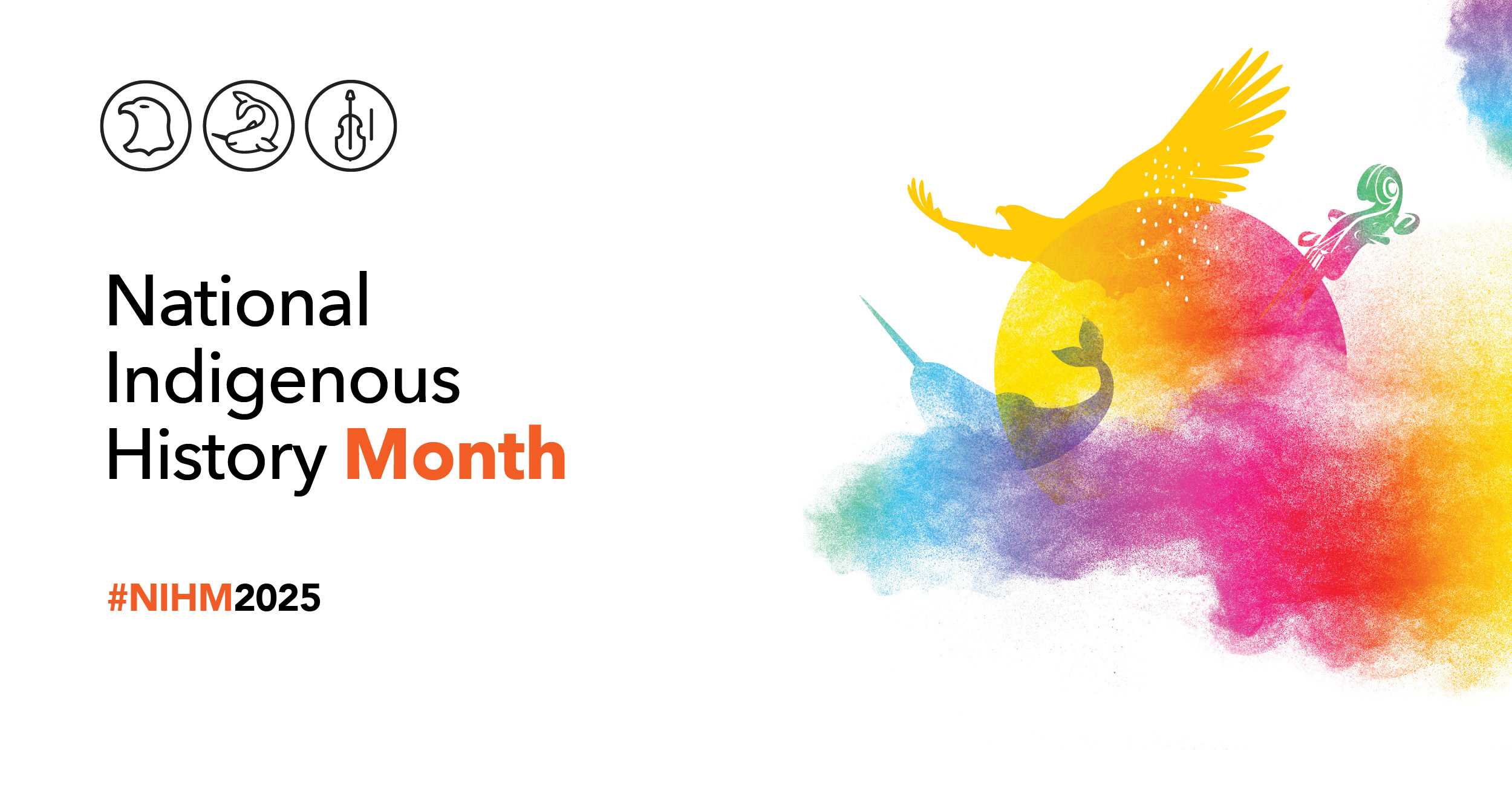
June is National Indigenous History Month, an opportunity to learn about the unique cultures, traditions and experiences of First Nations, Inuit and Métis.
At the Alzheimer Society of Manitoba, we’re committed to learning more about the unique effects dementia has within Indigenous communities, and to growing our connections and resources to help Indigenous Peoples living with dementia find the care and support they need.
In 2020, it was estimated that the number of Indigenous people in Canada living with dementia would increase by 273% by the year 2050.
In additional to this increase, Indigenous Peoples face a range of barriers to good health care — and by extension, good dementia care — that includes poverty, cultural and linguistic differences, racism and a lack of cultural safety in health care, a mistrust of health-care providers, stigma associated with dementia, and geographical distance from communities to care centres.
It is vital to listen to Indigenous voices and experiences to help improve our health and support systems to better fit the needs of Indigenous Peoples impacted by dementia.
Here are a few dementia care tools and resources for Indigenous Peoples living with dementia:
A conversation on Indigenous Peoples and dementia
A webinar created by the Alzheimer Society of Canada and Brain Canada. Speakers include Elder Beckie Labillois, Bonnie Peigan, Dr. Pamela Roach and it is moderated by Joanna Vautour.
Indigenous Cognition and Aging Awareness Exchange
This website includes dementia factsheets and information about the Canadian Indigenous Cognitive Assessment tool.
This page on the Native Women’s Association of Canada website talks about a few different projects that the association has been working on around dementia. This page includes a link for downloading a toolkit on caring for yourself or someone else while living with dementia.
An Inuit-focused home for Elders with dementia and Alzheimer’s
In this video on Livingmyculture.ca, an initiative of Canadian Virtual Hospice, Piita Irniq talks about how he brought Inuit culture and food to a southern facility caring for Inuit Elders with dementia.
This paper created by the National Collaborating Centre for Indigenous Health aims to identify the challenges and burdens Indigenous Peoples in Canada face in accessing culturally safe and appropriate dementia care services and supports, and suggests ways of overcoming these challenges.
10 helpful resources to support Indigenous Peoples living with dementia
The Canadian Coalition for Seniors’ Mental Health created this information sheet as a part of their Behaviours in Dementia Toolkit.
Indigenous Peoples’ Health and Aging Resources
On this page you can find multiple resources on the Centre for Education and Research on Aging’s for Indigenous people in Canada. sheet as a part of their Behaviours in Dementia Toolkit.
Beginning the journey into the spirit world
A resource that summarizes factors contributing to palliative and end-of-life care experiences for First Nations, Inuit and Métis; highlights areas for action in palliative and end-of-life care based on priorities, gaps, challenges and needs expressed by First Nations, Inuit and Métis Peoples and communities; and identifies innovative and Indigenous community-based models of care and person-centred approaches to palliative and end-of-life care.
The First Nations, Inuit, and Métis Team is composed of Indigenous educators and allies who are Regulated Health Professionals with experience living and working in Indigenous communities. Education programs are firmly rooted in the values of respect, relevance, reciprocity, responsibility, and relationship, ensuring meaningful and impactful learning. SE Health.
